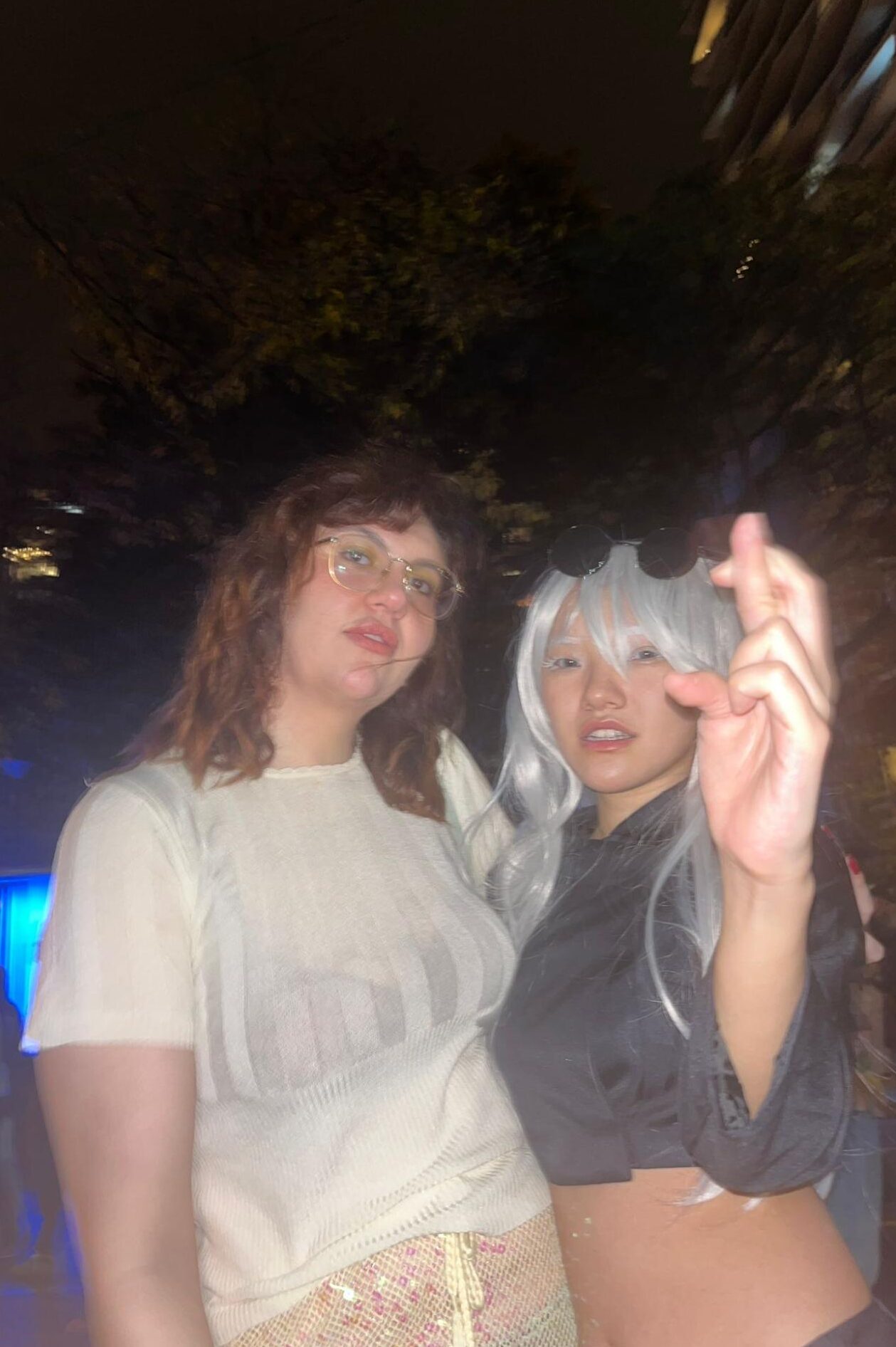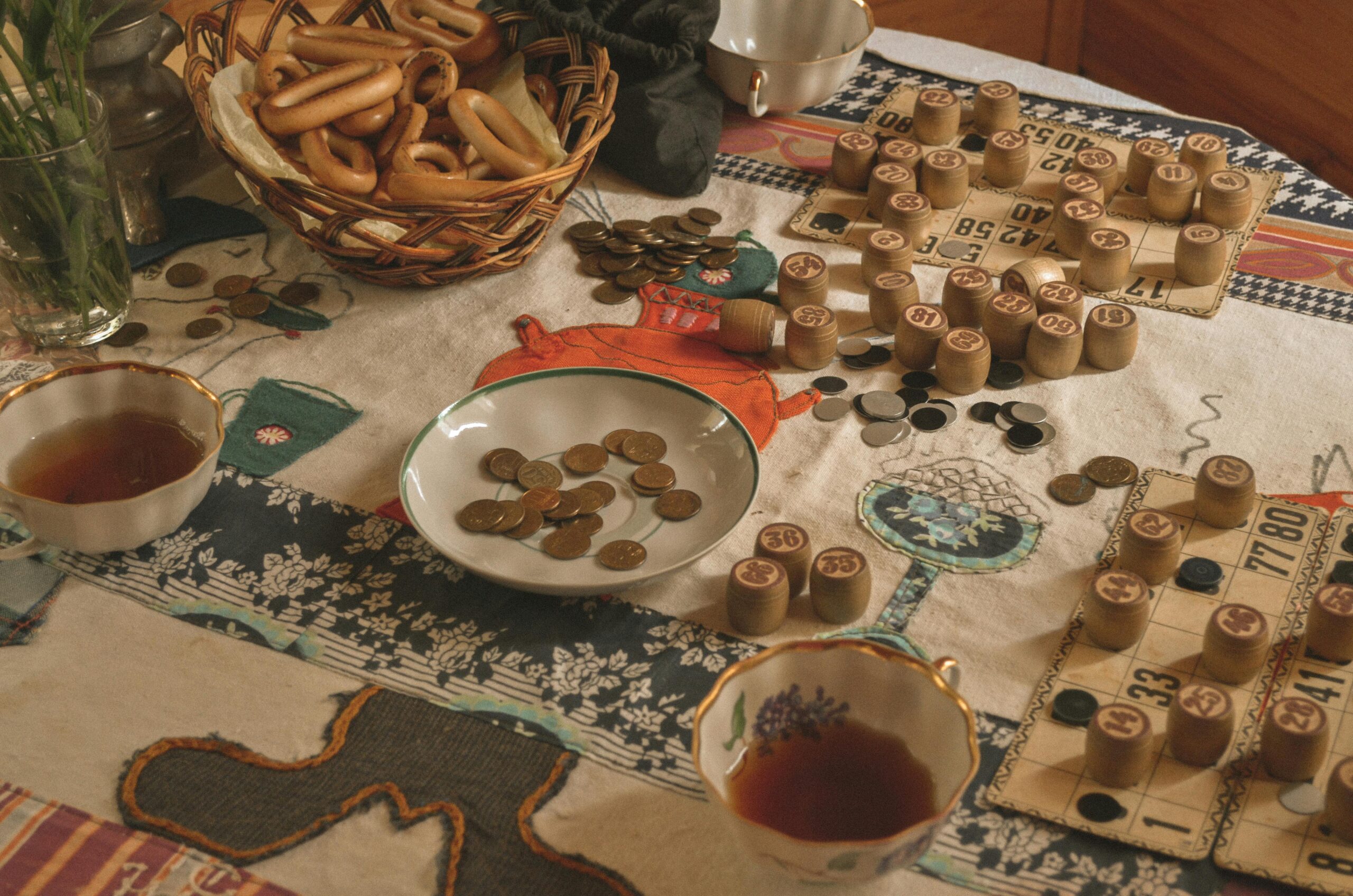Student entrepreneurs show ambition and drive since their humble beginnings
By Aliya Karimjee
After growing tired of hearing the people around him simply say they would follow their dream without committing to it, RJ Mijares, a third-year business management student at Toronto Metropolitan University (TMU), persevered to show dreams can come true with hard work. In February 2023, he created RJM and Co., a printing and embroidery business.
Today’s status quo for young adults is to gain post-secondary education in order to secure a stable job or make career moves of their own, with nearly 58 per cent of working-age Canadians having post-secondary credentials. However, TMU students have taken it into their own hands to use the skills they’ve acquired from their university programs to create their dream businesses on their own — without waiting for graduation day.
Hoping to be a “young businessman who can prove himself in the real world,” Mijares chose to apply the knowledge he has gained so far from his program and additional psychology electives to a real-life business.
From his major, he has learned elements of a successful business alongside its technical aspects, such as operations, purchasing and supply management as well as general finance and accounting skills.
Using his resources and connections, Mijares created his own brand, focusing on the human relationship between him and his customers.
“I really wanted to bring a sense of coolness to the manufacturer. Usually when you’re creating a product, you don’t really think about the actual person that’s behind the scenes making it. So I really wanted to create something where people are like, I want to be in a relationship with the person that’s making my products,” says Mijares.
He believes fast fashion’s quality is incomparable to small businesses and he aims for his products to last longer than a year. In order to do so, Mijares keeps in close contact with his overseas distributors.
Mijares wants to ensure his customers of the high quality and effort they receive in the products he manufactures. To provide transparency with his customers, Mijares posts photos of his business’s progress and reels of the process — in which he also includes failed attempts.
Unlike many large-scale corporate businesses, which usually don’t connect personally with their customers, Mijares decided to prioritize client connections in his work. He confirmed this is especially important since his business model depends on people wanting to create.

The possibilities are endless. These types of gifts give a personal touch and allow storytelling through art.
He has also produced orders for school clubs, political movements and many other requests from his clients.
Since he started his business, Mijares has planned his orders and schedules two to three weeks ahead of time, with an average of 30 orders a week. Initially, he struggled to get his business out there and know how to price point it for customers to be interested.
“I think the big problem when we first started was settling for low margins, settling for break-evens, and those hurt you [badly],” shares Mijares. “So I think that the hardest challenge was figuring out how to get price points for things.”

Since then, he has learnt that reinvesting money is the best way to keep his business going.
“It’s not about profit, it’s about having money left over to invest in the business,” explains Mijares.
He has set goals for when he wants to innovate specific ideas. Within his classes, Mijares has learned that discounts aren’t very feasible for small businesses. Instead, he believes in customer loyalty programs and is considering implementing such initiatives for continuous shoppers.
Mijares’ future ideas involve playing a role in his customers’ holiday shopping and integrating his business into other schools. Thinking two seasons ahead to the summer, Mijares knows he will get the chance to participate in summer markets — a dream goal of his.
Mijares isn’t alone in his bold business moves and ambitions.
The entrepreneurial journey of TMU student Nazha Syriani
Nazha Syriani, founder of Nazha’s Crafts, produces crochet goods such as pillows, hats, bags, bracelets or scrunchies.
The third-year TMU fashion student’s creativity is inspired by political movements.
Her crafts are influenced by her Palestinian and Newfoundland backgrounds and her previous knowledge of, and she incorporates fashion, which includes sewing, crocheting and designing.
Initially, she was posting Instagram pictures of her crafts or proudly wearing them outside.

“I had the [Palestinian] flag as a keychain on my backpack, and one of my friends noticed it, loved it and asked to buy it from me,” Syriani says. “People want to show their support, so I started making more.”
On top of being a student five days a week, a dancer twice a week and a daughter to her family, she believes all her hard work in this business is worth it because for her, especially when she gets to see her clients’ faces and think, “I created that expression.” She welcomes creativity and will produce any design her customers’ hearts wish. Simultaneously, she also has designs of her own.
In personal and professional projects, she always values sustainability.
Everything Syriani makes is handmade, and whenever she can, she uses “upcycled material.”
“Recently, one of the things that I had at the Christmas market was a tote bag I made,” shares Syriani. “The fabric from the strap was used from an old pair of jeans, and then the actual stuff was from Value Village.”

She explains that larger-scale companies you could easily buy from don’t share those same efforts.
“The tag will say 5 per cent recyclable, but it’s only talking about the actual tag, not the garment itself,” says Syriani.
She finds it very important for people to support local services to not only help small-business owners like her, but also keeping the environment in mind.
Syriani adds that she, herself, supports small businesses. She remembers visiting the Eaton Centre in Toronto where a small market was taking place earlier in the year. Within the market, many small businesses had set up their own stands from which she “tried to buy items from almost each one.”
Understanding the struggles of being a small business and the market she’s entering, Syriani’s putting in the change she wants to see.
Syriani is no stranger to small-business struggles, and “finding the balance between knowing how to price things and the cost of my time,” echoing Mijares’ personal obstacles as well.
As a fashion business student, she tries to solve this issue with the knowledge she learned in certain classes that went over concepts, including calculating the costs of labour and materials.
She had to create a cost sheet in her design courses after sewing a pair of pants.
“That helps me [to create] prices. Especially if I’m buying wool, I can’t use the same price as what the wool cost; I have to price it as to how much I will use from that roll. So every little thing comes into place,” says Syriani.
All the touching moments make all her efforts in business worth it for her in the end.
She recounts one of her most memorable moments: her first sale. Syriani’s high school friend saw the evil eye pillow she had crocheted and bought one for her sister. After that first sale, she followed up with the purchase of a Palestinian pillow.
“When I sold [the evil eye pillow] for the first time, I took a picture of myself with my money envelope,” says Syriani. “It was a very special moment because I’ve never sold anything I’ve made before besides making it for others [as] gifts.”
Syriani adds that the TMU community has been just as supportive of her. She says her design history teacher bought a little coin purse and ordered the big evil eye pillow.
To achieve her goal, Syriani plans to take the necessary steps to grow bigger and bigger. By crocheting, posting more, getting noticed and going to markets, she hopes to gain enough profit to move her company onto an online platform like Etsy.
However, her ultimate goal is to be a fashion designer using her own name, as it’s also her Teta’s — grandmother in Arabic — name. She believes her name makes her unique, and it’s a part of who she is.
“I am Palestinian and want to represent that part of myself,” says Syriani.
In everything she does, especially in designing, Syriani tries to incorporate her mom’s Newfoundland culture and her dad’s Palestinian culture.
“I’m not just Canadian. I’m not just Palestinian. I’m both, and they’re both very important to me.”





